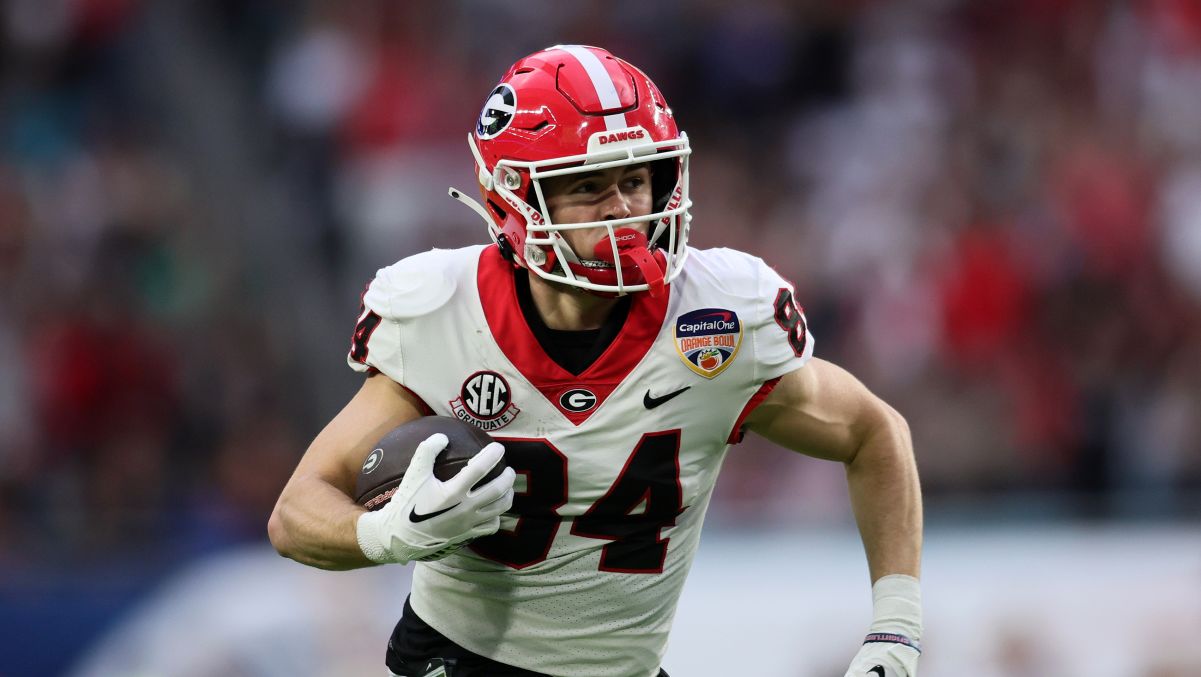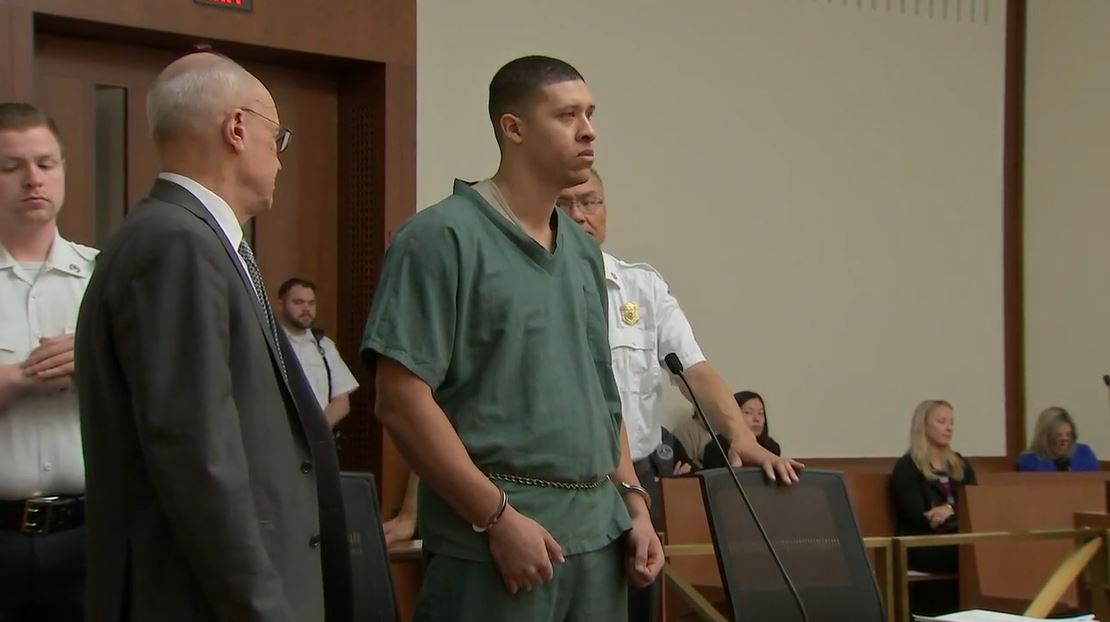If superheroes get on about their business due to the proper-suiting by their very own Lucius Fox or Tony Stark, than the tradespeople, blue collar workers, and fans of workwear-as-fashion should get a little two-man outfit north of Boston on their radar.
Because tucked in a fourth floor corner office space, with views peering out over the neighboring faded brick industrial mill buildings and manufacturing plants dotting the Merrimack River in Haverhill, Mass., Josh Walker and Ted De Innocentis are single handedly attempting to disrupt the American workwear industry one tech and design-driven pant leg at a time at 1620 Workwear.
“In every single wearable category in the world, premium exists,” says Walker. “Technical exists. And for first time ever in U.S. culture, tradesman and blue collar workers making money are being celebrated, but for a long time workwear has been this crazy undervalued, looked-down upon shitty product category for wearables.”
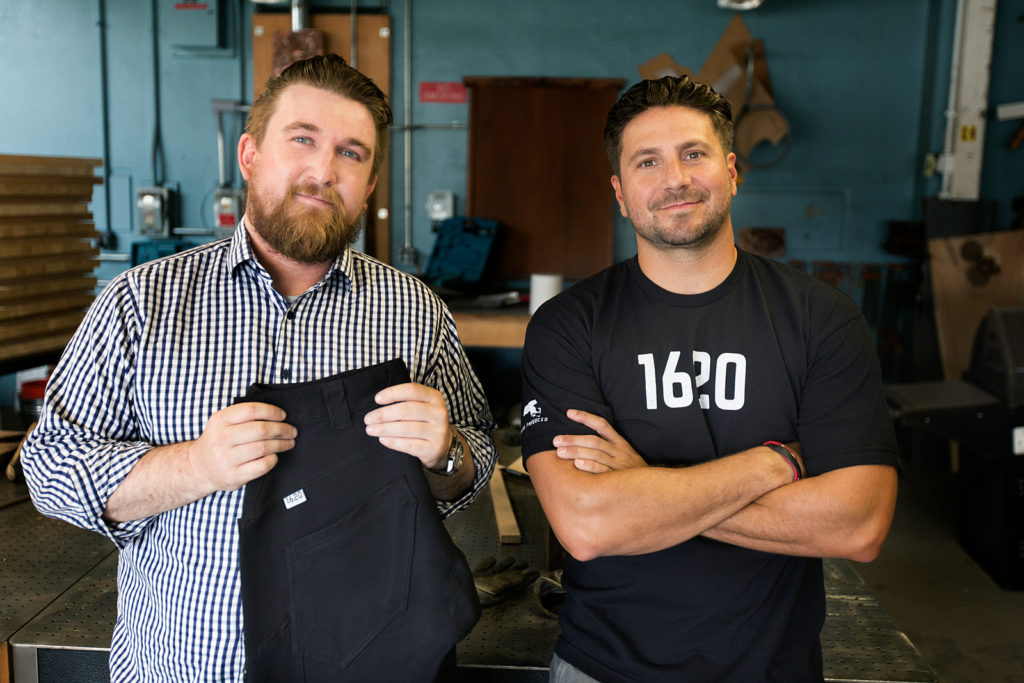
The team originally launched the brand out of Walker’s family barn in Newbury in 2016, and since then have zeroed in on trends in American outsourcing both noticed after years of working separately in mainland China, managing garment and wardrobe manufacturing.
One glaring trend in existence since the railroads were built in America, is that tradespeople have been forced endure the same breed of simple, cheap work gear (essentially canvas pants and fabrics that anyone who has ever worn a pair while being active can understand their need to be faded out). When those fail (and they do with regular use) the solution later became “workarounds”, basically a hodgepodge of blue collar uniforms mixing cheap or go-to fabrics with more durable tactical gear found for hunting and outdoor gear and so on.
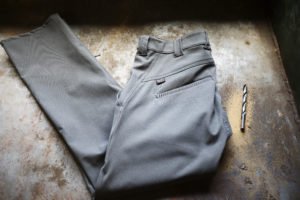
To solve this, 1620 partnered with Tweave, a Bay State cutting edge stretch-woven fabric manufacturer whose clients are the likes of Hollywood, the NFL, and even the U.S. Military. Their advanced proprietary technologies for spinning more durable, elastic and abrasion resistant yarn, and tech-driven spandex material was the perfect fit for the team’s vision. The gear they are crafting here at home is lighter, more natural feeling, breathable, and can take a beating when things like fatigue play (people getting tired on the job and hurting themselves) and durability are a matter of life and death.
Local
In-depth news coverage of the Greater Boston Area.
“If you’re embedded in Afghanistan, your shit can’t fail,” says Walker. He says the fact that they are working with the most advanced material, workmanship and design elements used in military and professional sports gear, and the knowledge how to assemble all that, creates this premium product. That, and a regional proximity bonus.
“For us it just so happens that one of the best two or three fabric mills in the entire world is based in Norton,” says Walker. “We’re passionate about making stuff right here. It’s not a nationalist, flag-waving thing. It’s just a local community, local support, supporting your hyperlocal community. American manufacturing should exist here, and other countries are killing it.”
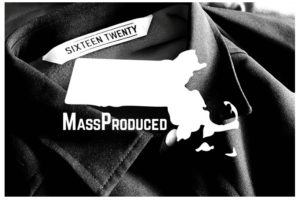
“Every single year more and more of the traditional all-American work brands [move manufacturing] offshore and none of the stuff is made here. Our customer is looking for premium, best in class, U.S.-made products,” says De Innocentis. “We’re making this for people who want this stuff.”
For now 1620 is producing all menswear, but as the company grows so will its offerings, and women are more of their key demographic than ever before, as it’s one of the fastest growing segments in the trades.
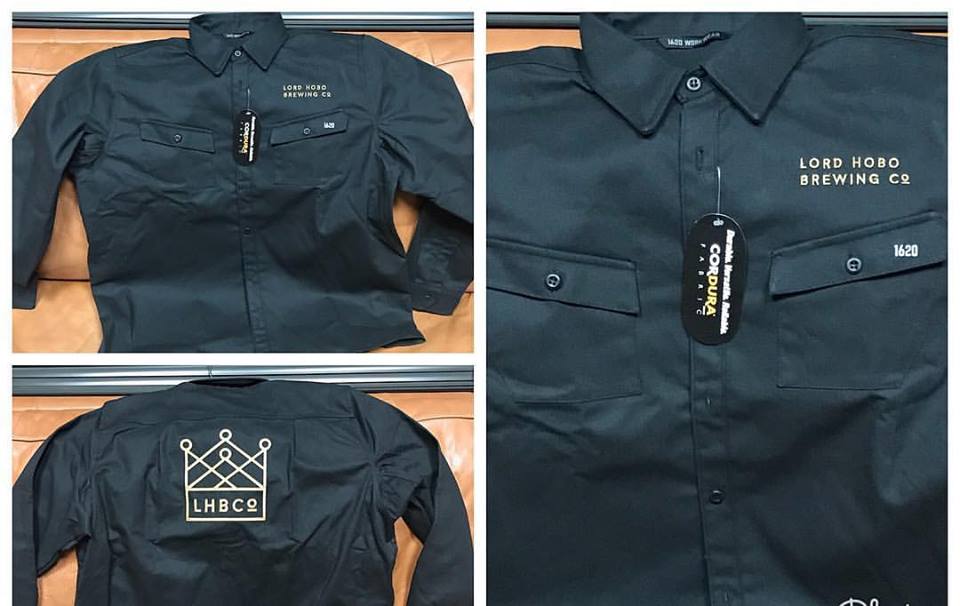
The company has also teamed up with local and national brand ambassadors to ensure that the proof is in the pudding, so to speak. Think: Daniel Lanigan, owner of Lord Hobo Brewing in Woburn and Cambridge, and even an Amesbury, Mass.-based professional BMW racing team, for which 1620 created custom special pit crew suits using core-spun spandex wrapped like fishing line for high tenacity and ten times as resistant to abrasions and cuts as your average pair of Carhartts or Dickies.
“We use military spec materials, so this is basically it’s our version of tactical Special Forces pants,” says Walker with a laugh. “The fabrics we get out of our Massachusetts factories, is comparable to the best of anything I’ve seen made anywhere. It’s small batch, high end American manufacturing. And it’s badass.”

